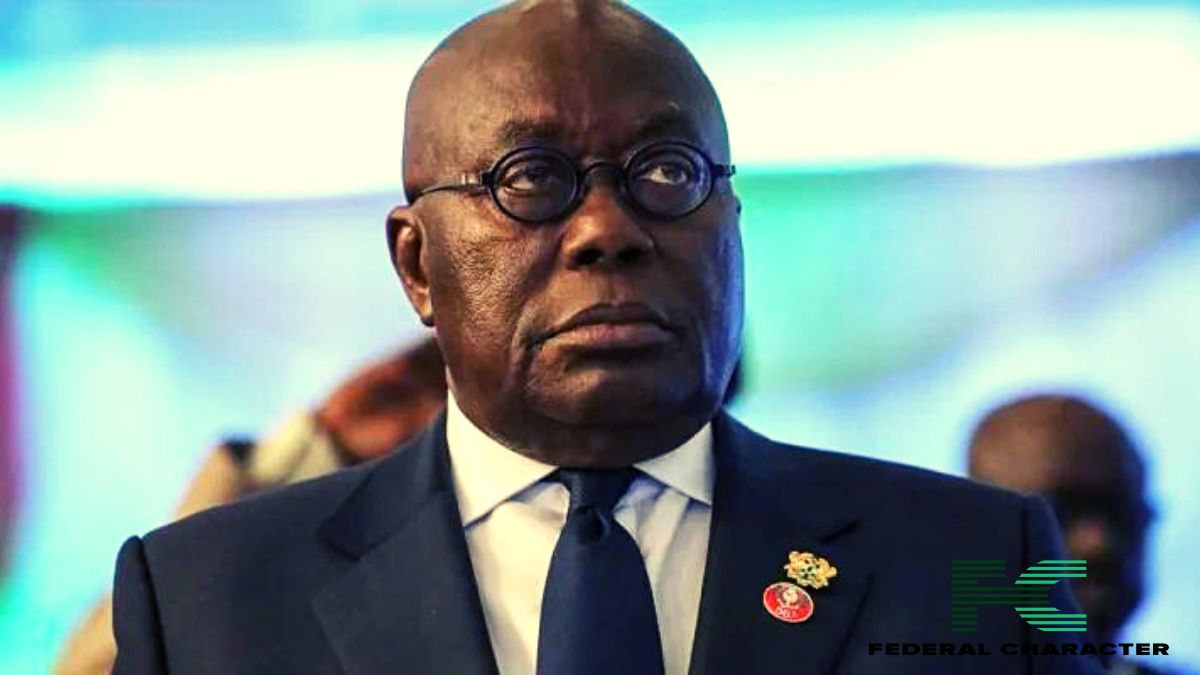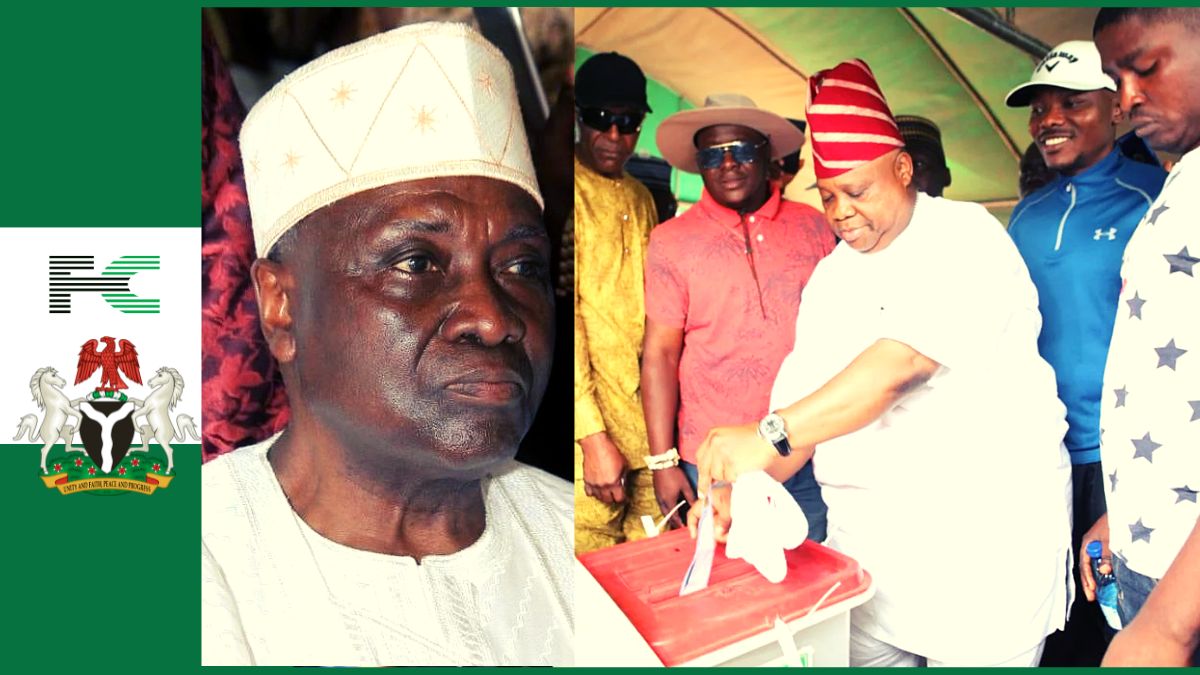In the ongoing comparison between Nigeria and Ghana’s economies, it’s crucial to shed light on Ghana’s less-discussed challenges. While we often admire Ghana’s infrastructure and stability, beneath the surface lies a significant financial crisis. A recent report by The New York Times reveals that Ghana, despite its praises, has been grappling with severe economic issues.
President Nana Akufo-Addo’s administration had to secure a hefty $3 billion loan from the International Monetary Fund (IMF) due to mounting financial woes. This loan was necessitated by government organizations owing billions to contractors and being buried in debt. The consequences are far-reaching, with contractors forced to lay off workers, contributing to rising unemployment.
Government debts are staggering, with back payments to contractors alone totaling approximately $1.3 billion. Independent power producers are owed $1.58 billion, raising the threat of widespread blackouts.
Multiple factors, including the pandemic, geopolitical events like Russia’s invasion of Ukraine, and soaring food and fuel prices, have contributed to this crisis. Ghana has turned to the IMF 17 times since gaining independence in 1957.
The IMF has presented a comprehensive rescue plan to address Ghana’s debt crisis, emphasizing fiscal responsibility and protection for vulnerable populations. This issue will also feature prominently at the United Nations General Assembly, alongside the growing debt burden for developing nations.
Although the IMF loan stabilized the economy by reducing currency fluctuations and boosting confidence, Ghana still faces challenges. Inflation remains high at around 40%, albeit down from its peak of 54% in January.
Corruption is another significant issue, eroding public trust and hindering economic development. Ghana ranked 72nd on the 2022 Corruption Perceptions Index, scoring 43 out of 100. This underscores the urgent need to tackle corruption, which has contributed to the nation’s economic woes.
To overcome these challenges, Ghana must implement stringent fiscal reforms, improve transparency and accountability, and bolster anti-corruption measures. Additionally, diversifying the economy beyond traditional sectors and fostering innovation could stimulate sustainable growth. Ghana has demonstrated resilience in the past, and with concerted efforts, it can navigate this tumultuous period and return to economic stability.














